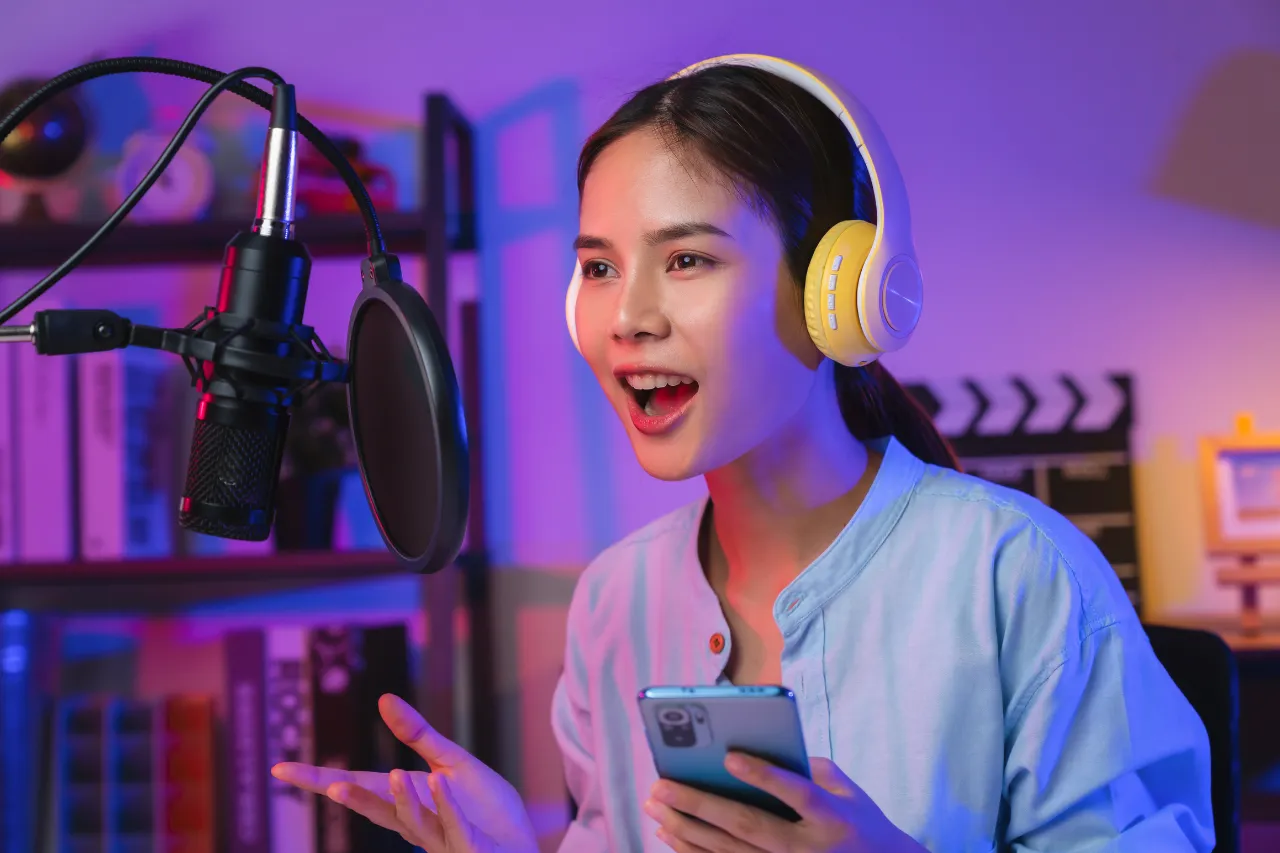Shopping agreements are a contracting trend that has the potential to significantly revolutionize how intellectual property is handled. From risks to rewards, let’s examine a typical film purchasing deal, emphasize its benefits and drawbacks, as well as the problematic places in between. Here’s (part one) of what you must know about a producer’s shopping agreement:
Understanding Film Shopping Agreements
Shopping agreements are contracts between intellectual property owners and film producers that allow the producer to sell the IP to production firms, studios, film distributors, networks, and financiers for a set fee. Allow me to explain; the appeal of film shopping agreements is their simplicity.
A variety of vernacular words are used to describe film shopping arrangements. There will be terms like “producer attachment agreement,” “exclusive producer arrangement,” and “artist shopping agreement.”
Shopping agreements, on the other hand, are not just another piece of business jargon. A television and movie shopping agreement is a really handy tool that is becoming increasingly common.
Agreements for film shopping help to strengthen the interaction between intellectual property owners and producers. An exclusive producer agreement allows a producer to pitch an IP directly to their own network for film funding or outright purchase. As a result, if the IP owner has access to more powerful or well-connected entertainment forces, a new film or television show based on intellectual property is more likely to be adapted into a new film or television show.
A purchase agreement for television or film, on the other hand, does not guarantee payment. This deal between film and television producers benefits neither the IP owner nor the production.
Also Read: Contracts for Actors: A Comprehensive Guide Part 1
Why Employ Film Shopping Agreements if No Revenue is Generated?
True film purchase agreements reduce risk while increasing leverage. Consider shopping agreements from the standpoints of both sides to have a better grasp of how and why they work.
Producer Agreements that include intellectual property rights may allow a film or television producer to pursue new collaborations and partnerships, even if the rights are limited.
To change the equation, you’ll need leverage. It must be something one-of-a-kind, something you can only show for the next six months. This takes us to a crossroads.
Do you remember the expression “exclusive producer agreement”? For a producer, the “exclusive” component is crucial. Producers have the sole right to sell their intellectual property to whomever they want for the duration of the agreement.
They cannot sell the intellectual property because they did not obtain the rights, but they can engage in any commerce that occurs as a result of their quick actions. In other words, if the producer’s activity as part of a shopping agreement results in a transaction for the IP owner, the producer also profits. Furthermore, the exclusivity of the contract prevents the producer from being undercut, allowing him to bargain for cash and credit as he sees fit.
The Prospect of a Payday
While a shopping agreement necessitates time and effort on the part of the producer, the principal advantage is that there is no immediate financial loss if no contract is reached. A producer who takes part in a shopping arrangement takes a tiny risk for a great profit.
Also Read: Contracts for Actors: A Comprehensive Guide Part 2
Intellectual Property (IP) and Its Rightful Owner
Shopping agreements help intellectual property owners and original artists because they may result in sales that would not have occurred otherwise. When negotiating film purchasing agreements, intellectual property owners, like producers, assume a risk. The producer is allowed to shop the property, but the IP owner is not.
Intellectual property owners, in addition to producers, maybe take a considerable risk. There is a risk that the IP owner will give up money or market position for a short-term gain.
Take note, however, of the important terms “may” and “chance” because context is extremely important. Novel or unfamiliar intellectual property may fail to establish the traction required to sell on its own merits. Assuming the IP owner finds a capable and well-connected producer who is enthused about the property but is hesitant to purchase it alone, shopping agreements may be just what they need to take things to the next level.
Conclusion
Upon our initial discussion, you may find that the advantages exceed the disadvantages. Conversely, known intellectual property tends to generate on its own. They will not be reliant on a single producer’s network, and an exclusive producer agreement would be financially problematic. Thus, you must always examine your choices if you’re on the fence about signing a contract. This may also mean conducting your “options.”
Creators Legal is the first and only legal platform built just for Content Creators. Get simple, straightforward, and trustworthy creator contracts in a fast, easy-to-use platform. With a powerful guided Form Builder, a secure e-signature system, and your own personalized dashboard to store and organize all your contracts, you can get yourself protected in minutes without the need for expensive entertainment lawyers!
Want to learn more? Check out CreatorsLegal.com, where you can get single-use contracts or monthly and annual subscriptions on all contracts for creators! Try us now.






